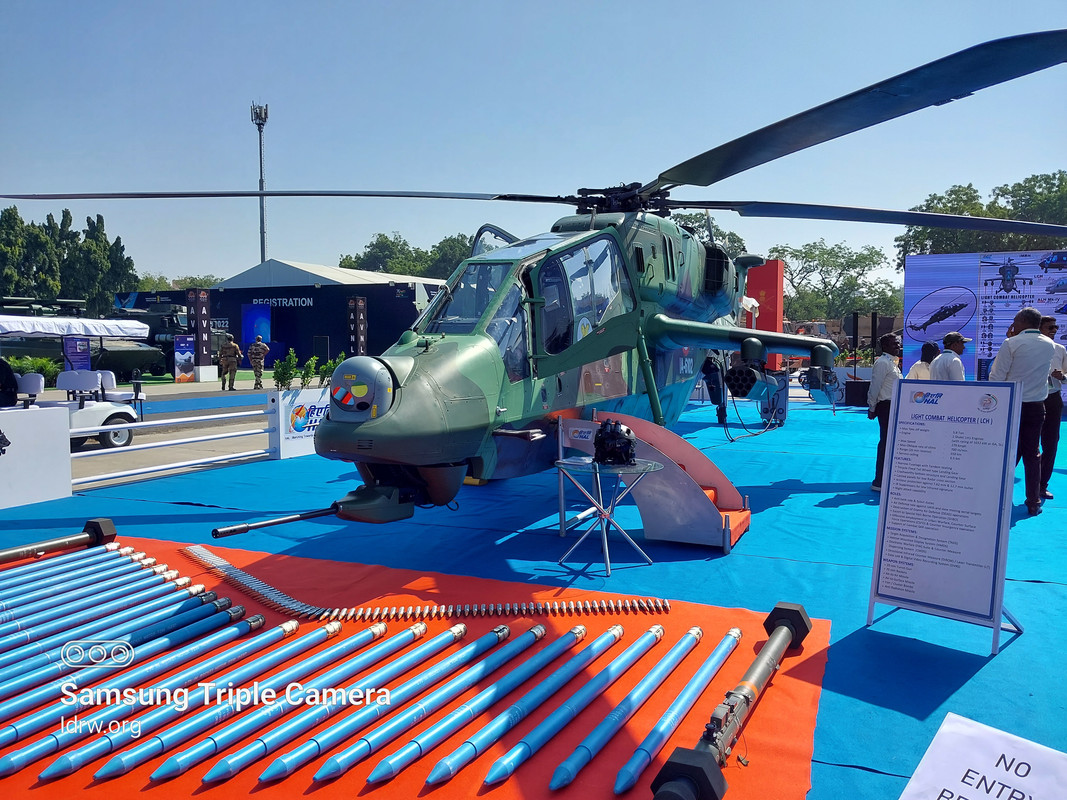SOURCE: AFI

In a significant strategic maneuver, India has embarked on a proactive initiative to bolster its military ties with key nations worldwide while simultaneously fostering opportunities for arms exports. This move comes amidst a backdrop of evolving geopolitical dynamics and increasing competition, particularly in regions where rival powers are seeking to expand their influence.
Government sources disclosed on Wednesday that India is deploying 15-16 new military and defence attaches from the Army, Navy, and Air Force to several countries, marking a notable shift in its diplomatic outreach. These countries include Poland, Armenia, Tanzania, Mozambique, Djibouti, Ethiopia, Ivory Coast, and the Philippines. This decision follows a rationalization process, wherein the number of military officials stationed at larger missions in traditional allies like Russia, the UK, and France has been streamlined.
Central to this strategic realignment is a targeted focus on nations with potential arms export markets. Africa, in particular, has emerged as a pivotal area of interest for India. This renewed emphasis aligns with India’s endeavors to counterbalance China’s expansive footprint on the continent. Beyond routine military engagements such as joint exercises and training programs, India is actively seeking to export a range of indigenous defense systems to African nations. Notable among these are the Tejas fighters, Pinaka multi-launch rocket systems, BrahMos supersonic cruise missiles, and Akash air defense missile systems.
The decision to post military attaches to countries like Armenia underscores India’s commitment to expanding its arms exports portfolio. Despite ongoing regional tensions, Armenia has emerged as a significant market for Indian defense equipment. Deals for the sale of Pinaka rockets, Akash missiles, and other armaments have been inked, demonstrating India’s readiness to engage with nations embroiled in conflict.
The deployment of defense attaches serves multiple purposes. Firstly, it enhances India’s diplomatic presence in regions of strategic importance, enabling closer collaboration and information sharing with partner nations. Secondly, it facilitates the promotion of Indian defense products abroad, thereby boosting the country’s defense industry and fostering economic growth. Lastly, it signals India’s intent to play a more proactive role in shaping regional security dynamics while safeguarding its own strategic interests.